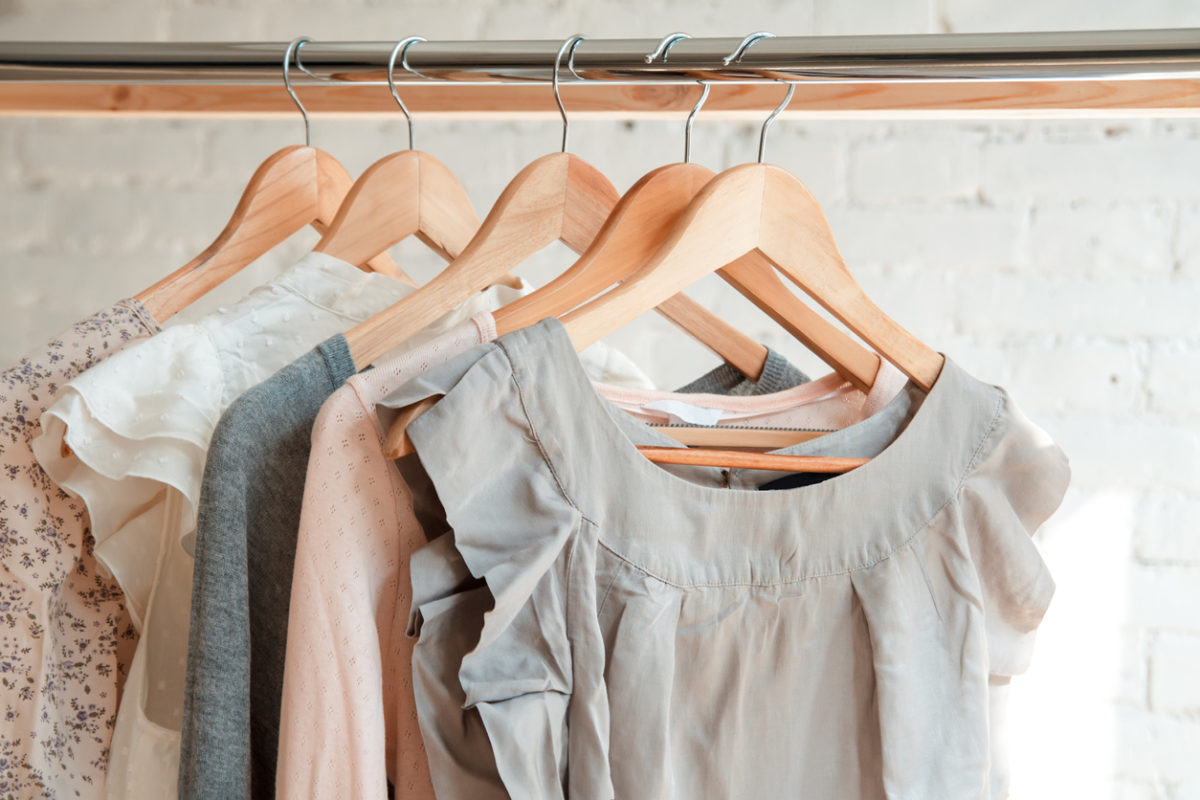It’s difficult to choose just one wholesale clothing supplier for retailers. Here’s a helpful guide.
You have spent hours researching manufacturers, wholesale companies, and individual artisans to find quality, trendy clothes for a fair price. You have learned that you could buy directly from the manufacturer if you can purchase large quantities of each product. Plus, many manufacturers are still old school and only want to deal with wholesalers.
That’s okay because you’ve probably also realized that a wholesale supplier gives you the highest profit margins with the guarantees you need for a successful retail business, such as meeting shipping deadlines and small-batch orders.
Now, you have to choose from the best wholesaler. As a boutique owner, there are ways to narrow your list of wholesale suppliers until you are down to one, the right one. Below are a few questions to get the answers you need to make this critical decision.
Investigate the Manufacturer
You will be indirectly dealing with the manufacturer through the wholesale supplier. Read the manufacturer’s reviews, compliments, and complaints from wholesale companies. You are trying to find out if they have quality clothing, meet deadlines, and if their costs are fair. How they treat the wholesale supplier can affect your business.
Investigate the Wholesale Supplier
Learn what you can about each wholesale supplier you are interested in before making a final decision. Read reviews online on their website, social media pages, the U.S. Customs Database, or the Better Business Bureau. You may also want to ask for references or reach out to current and previous customers for feedback.
Join social media groups for boutique owners or wholesale suppliers. Ask questions about the suppliers that interest you. Getting feedback will not be a problem.
Pay attention to what is said in the reviews. Some people may complain when it is their fault, not the wholesaler. Others may express the positive characteristics of the company. Make a list of the words that pop out at you and compare them to your expectations of working with a supplier.
Conduct an Interview
If you can meet the wholesale supplier representatives in person, like at a trade show, make an appointment with them to conduct an interview. If you can’t meet in person, try a video chat, or email them with a list of questions. You are hiring a wholesale supplier for your retail business as if they were an employee.
Interview more than one and compare their answers. Interview questions may include the following:
- Where are you located?
- Where are the products located?
- What is their ordering process?
- What is your relationship with your manufacturer?
- Do you negotiate pricing, shipping, batch sizes, etc.?
- What are your shipping policies and deadlines?
- What are your return policies on damaged items?
- How often do you offer new products?
- How do you learn about fashion trends?
- What is your customer service process?
- Do you provide samples?
Don’t Just Take Their Word
There aren’t too many wholesale suppliers that will tell you their negative traits. Their job is to woo you so you will become a customer. Therefore, you must dig a little deeper to ensure what they say is the truth. For example, if they claim to have the best customer service, test it for yourself. Contact their customer service department and ask questions.
If they claim to have the best shipping policies and always meet their deadlines, place an order, and find out. Make a small batch order, see how long it takes to arrive, examine the quality of clothing upon arrival, and contact customer service if you have any questions or concerns. Test the process and compare it to other suppliers.
Location Matters
There are great wholesale suppliers outside of the United States, but choosing a wholesale supplier in the same country may be more profitable for a small boutique owner. Your shipping fees may be less, and delivery deadlines are easier to meet. Plus, it will be easier for you to visit your wholesale supplier if they are operating in the United States.
Waiting on your boutique items to pass through customs at the borders or being held up due to politics or worldwide pandemics can cost you a lot of money. Plus, here are a few other pitfalls when purchasing products from a foreign country:
- Trying to communicate in different time zones
- Longer shipping times depend on if they are shipped by air or ship
- Language barriers make it challenging to navigate through customer service
- More hassle if products are damaged, or you receive the wrong order
Compare Your Boutique with the Supplier Requirements
You may find a wholesale supplier you love. They may have the trendiest clothes, greatest variety, sturdiest seams, and lowest shipping costs. That doesn’t mean they are the right one for you. You must consider if you can meet their demands.
What is their minimum order? Do you have enough space to store that order? Can you afford to purchase the minimum plus shipping costs? How will you organize the products you purchase?
Consider everything from store layout and warehousing to budget and customer dynamics.
Get It In Writing
If it is not in writing, it may as well be nonexistent. Good wholesale suppliers should provide a negotiable wholesale contract that lays out everything, including:
- Bulk discounts
- Shipping costs
- Ordering and delivery deadlines
- Acceptable returns and timelines
- Customer service process
- Minimum or maximum orders
Are There Any Hidden Fees?
Some companies hide fees until you sign the contract and place your first order. If a wholesale supplier tacks on numerous fees, they are not the right company for your retail business. It is normal for some fees to apply, but they should be fair and not hidden. Many costs are negotiable, depending on the supplier and purchase amount.
Fees include pre-order fees, expedited shipping costs, surcharges, taxes, tariffs, credit card payment fees, after-hours consultation fees, etc.
The takeaway to finding the right wholesale supplier is to ask many questions. The right supplier will be eager to answer all your questions.






No Comments